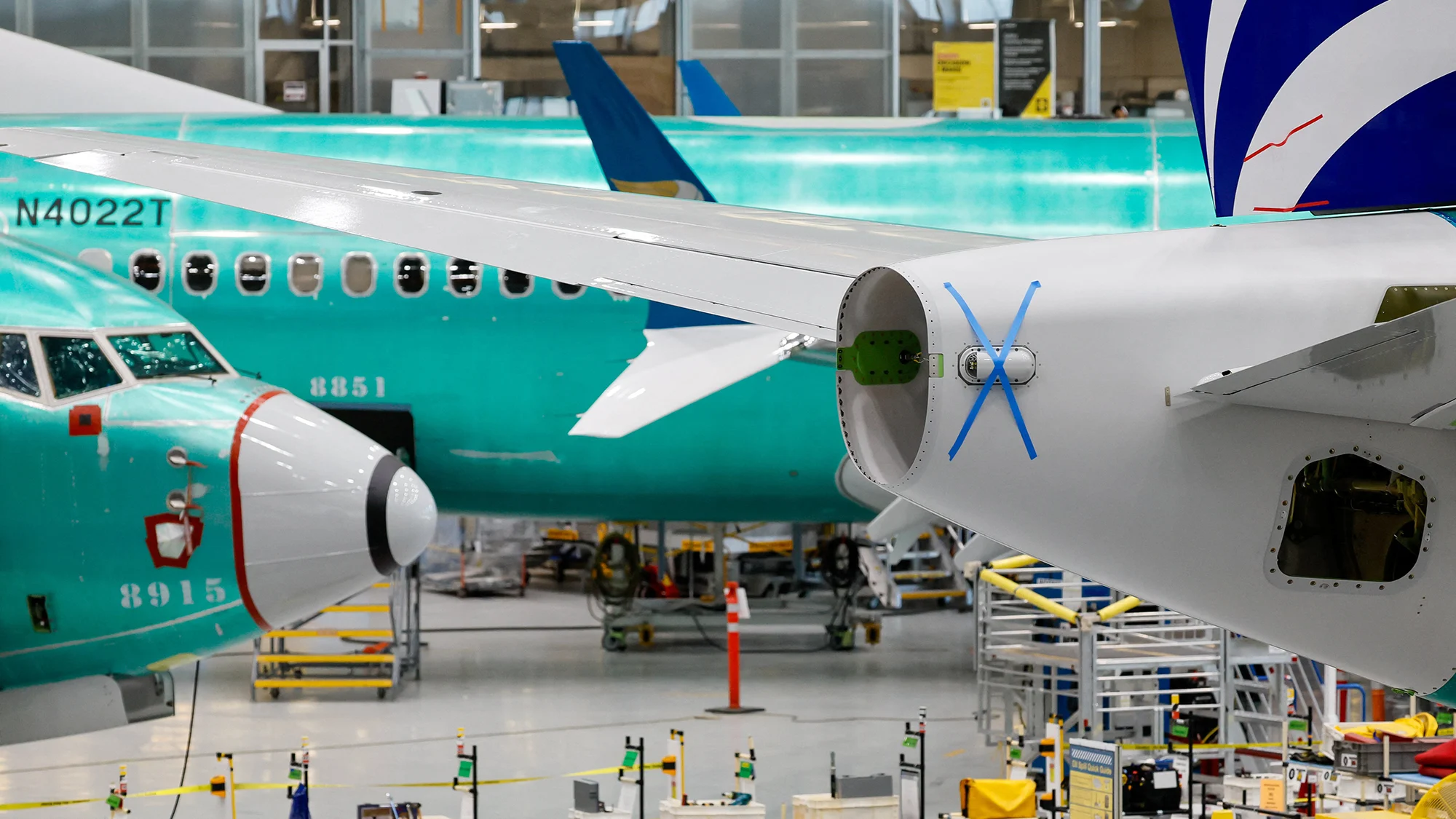A U.S. federal judge recently rejected Boeing’s proposed plea deal related to the 737 Max crashes that claimed the lives of 346 people in Indonesia and Ethiopia. The deal would have seen Boeing admit to criminal fraud for misleading.
the Federal Aviation Administration (FAA) about the safety of its aircraft, particularly the faulty software, MCAS, that contributed to the accidents. In return, Boeing would have paid a fine and agreed to have an independent monitor oversee its safety practices.
The judge’s rejection stems from concerns over the deal’s terms, particularly the lack of sufficient accountability for Boeing’s executives. The families of the victims strongly opposed the plea, arguing that the agreement offered Boeing preferential treatment and failed to hold the company’s leadership adequately responsible.
Legal experts suggest that the judge’s ruling reflects a desire to ensure a more thorough examination of Boeing’s role in the crashes and whether its internal practices were reformed.
In the wake of this development, prosecutors may revise their approach or propose new terms that address the concerns raised by the judge and victim families. The case highlights ongoing public and legal scrutiny of Boeing’s actions, especially regarding its failure to disclose critical details about the aircraft’s design and the flawed MCAS system.
This decision also underscores the broader issue of corporate accountability, with many insisting that more severe penalties be imposed on the company for its role in one of the deadliest aviation disasters in recent history.











